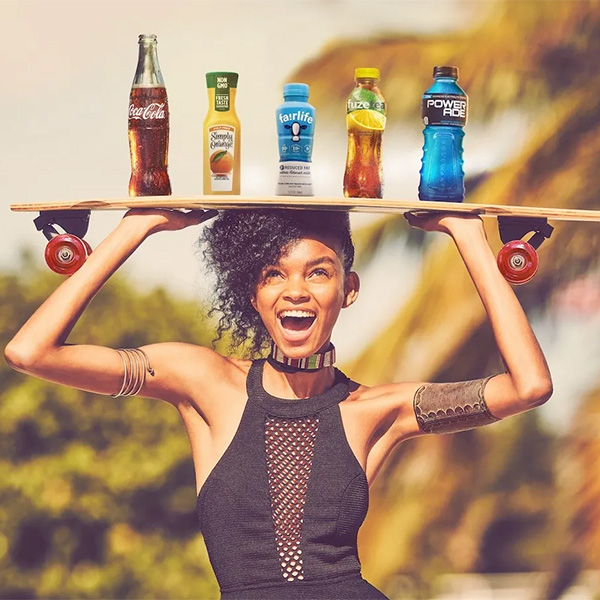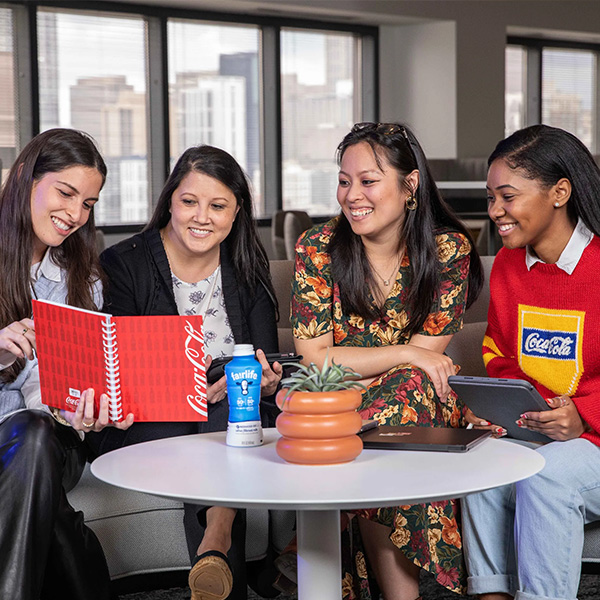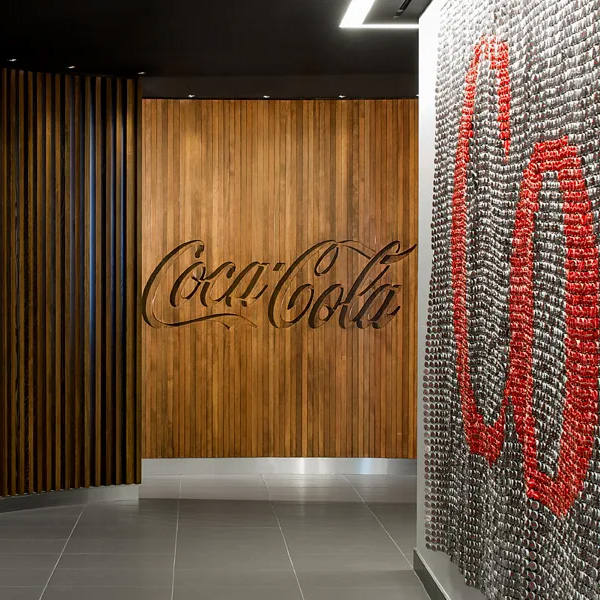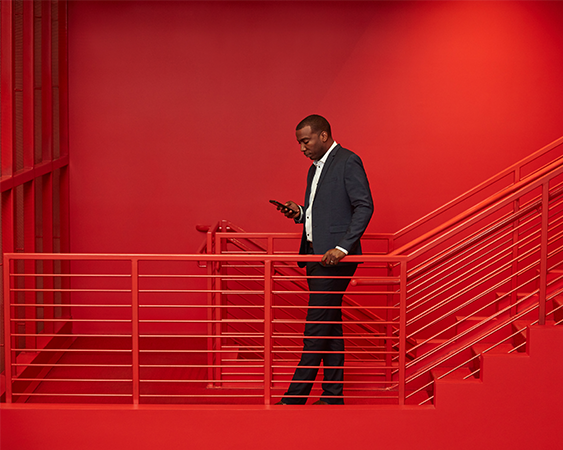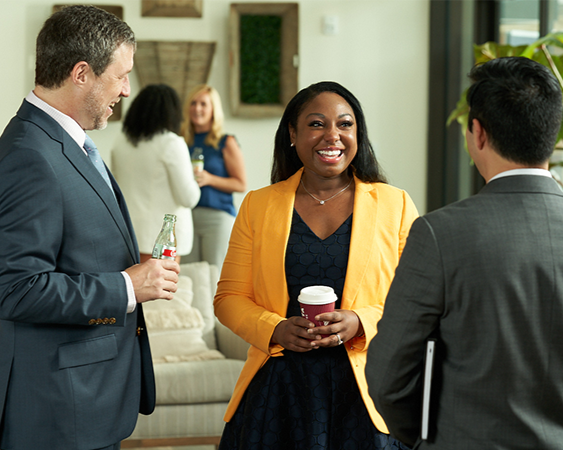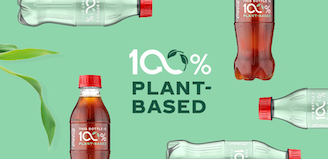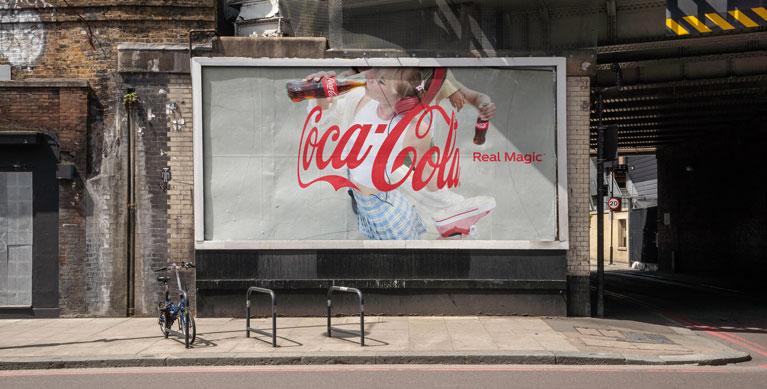At The Coca‑Cola Company, we believe in the power of human potential.
Our culture is built on the foundational belief that we never stop learning. That each of us has the ability to take control of our own individual futures – but that when we work together we can make a longer lasting impact on the communities we serve. Because we believe our human potential is limitless, we’re looking for the best talent to help us all thrive.

